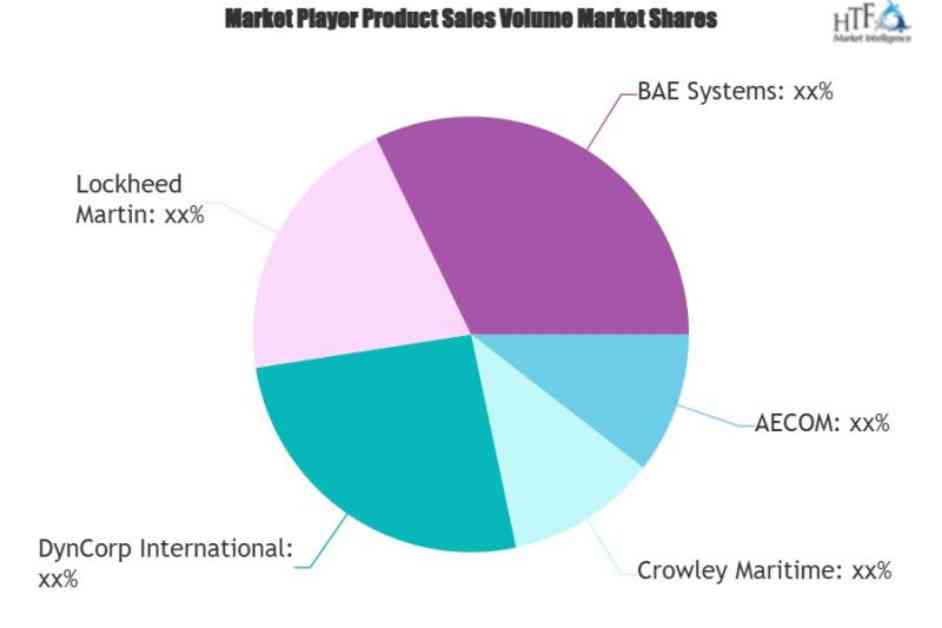The global defense logistics market is experiencing a significant boom, with key players such as AECOM, Crowley Maritime, DynCorp International, Lockheed Martin, and BAE Systems leading the way. A recent research study titled “Global Defense Logistics Market Dynamics, Size and Growth Trends 2024-2032” conducted by HTF MI provides valuable insights into market trends, growth drivers, technologies, and investment structures within the industry.
The study covers various segments within the defense logistics market, including Army, Navy, and Air force, Military Infrastructure, Military Logistics Services, and Military FMS across 18+ countries worldwide. It offers detailed information on emerging and major players in the market, allowing for strategic decision-making and customization based on specific objectives and geographical requirements.
One of the key highlights of the research study is the demand analysis and opportunity outlook for the defense logistics market until 2032. By analyzing historical data and forecasting future trends, the report provides a comprehensive overview of market size, value, and volume from 2019 to 2032. It also examines the key drivers and restraining factors influencing market growth, as well as the potential growth outlook for the industry.
The study segments the defense logistics market by product/service type, including Military Infrastructure, Military Logistics Services, and Military FMS, with major applications in the Army, Navy, and Air force. Key players like AECOM, Crowley Maritime, DynCorp International, Lockheed Martin, and BAE Systems are actively involved in shaping the market landscape.
In addition to historical data from 2019-2023 and a base year of 2023, the research study forecasts market trends and opportunities from 2024 to 2032. It also includes a global version of the defense logistics market analysis, covering regions such as North America, Europe, Asia-Pacific, South America, and the Middle East and Africa.
The study aims to answer essential questions related to the defense logistics market, such as long-term investment feasibility, value chain areas for creating value, regions with potential growth, demand for products/services, emerging territories for market entry, risk analysis for service providers, driving factors for market demand, impact analysis of various factors on market growth, strategies of key players in a mature market, and the role of technology and innovation in market evolution.
With 15 detailed chapters, the research study delves into the definition, specifications, classification, and application of the global defense logistics market, along with trend analysis, drivers, challenges, consumer behavior, and competitive landscape. It also provides insights into regional segmentation, market conditions, competitive ranking, sales channels, and more.
For businesses looking to stay informed about the defense logistics industry, this research study offers a comprehensive and insightful analysis of market dynamics, growth trends, and strategic opportunities. By leveraging the data and insights provided, companies can make informed decisions and drive growth in this evolving market landscape.
